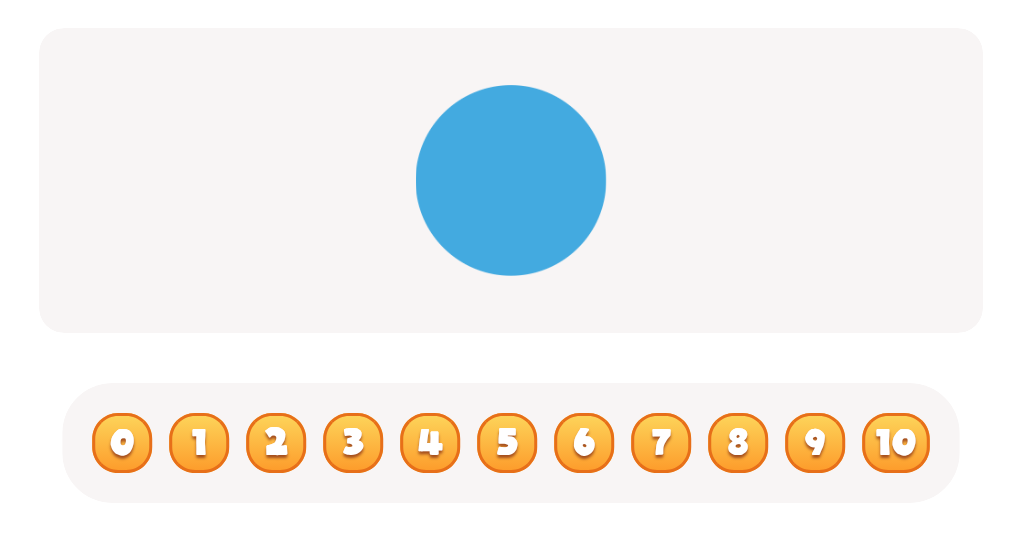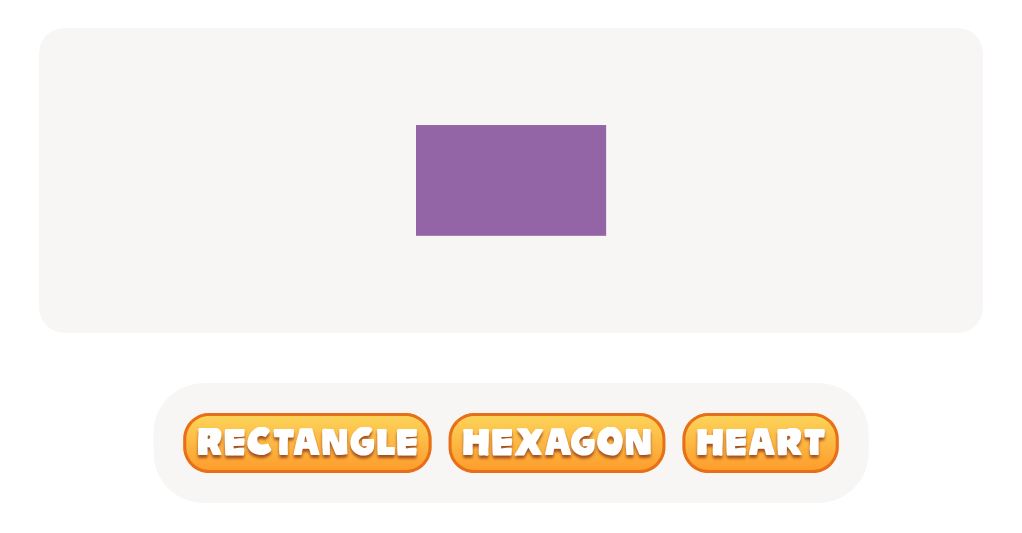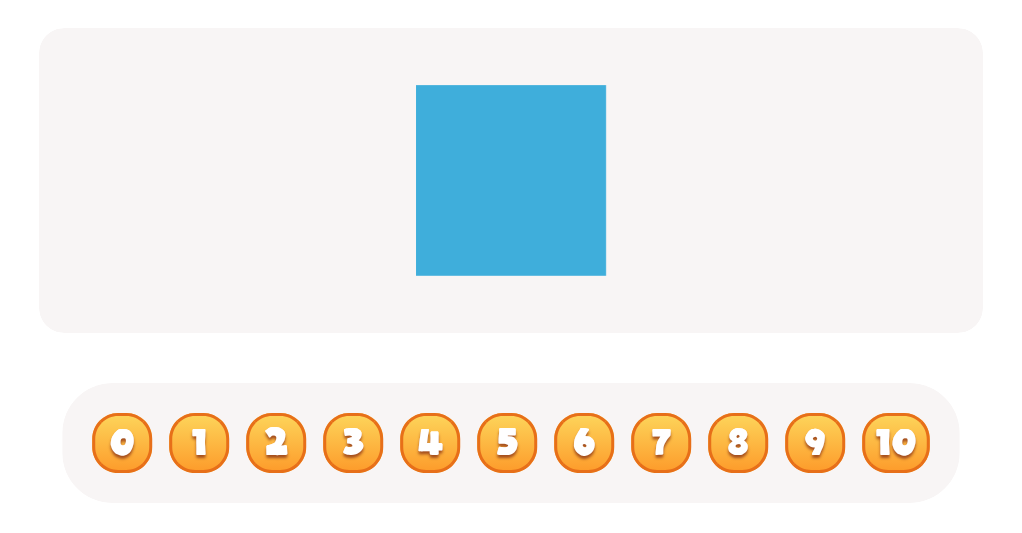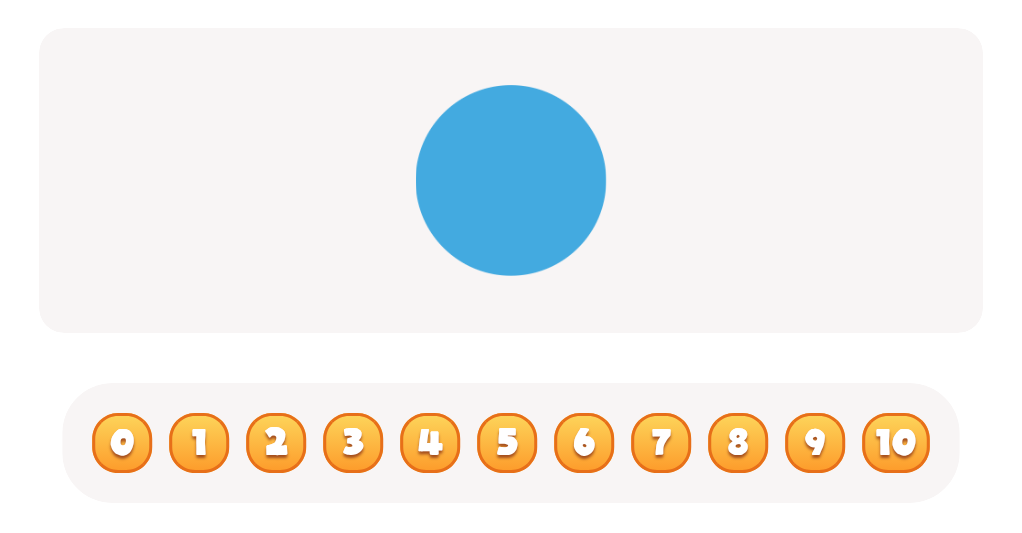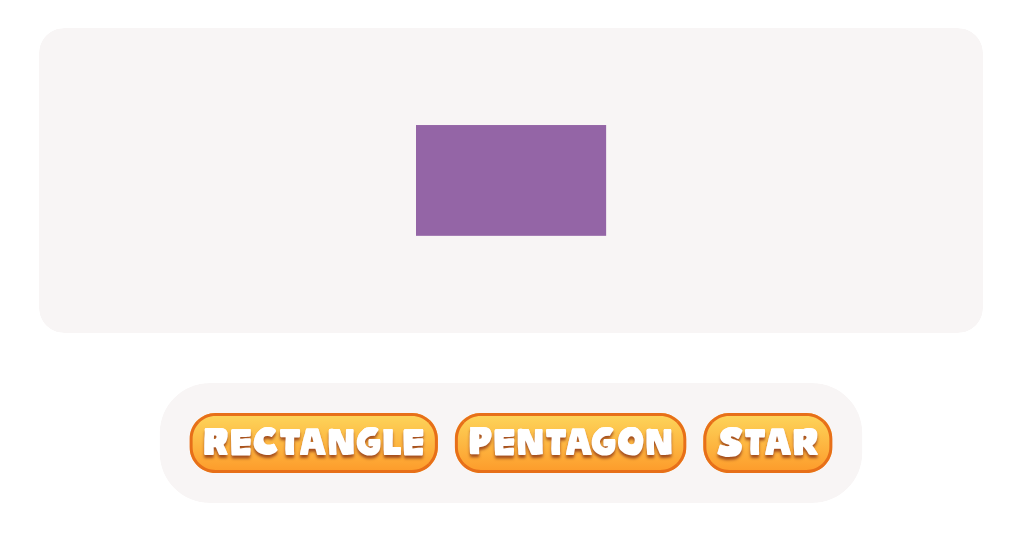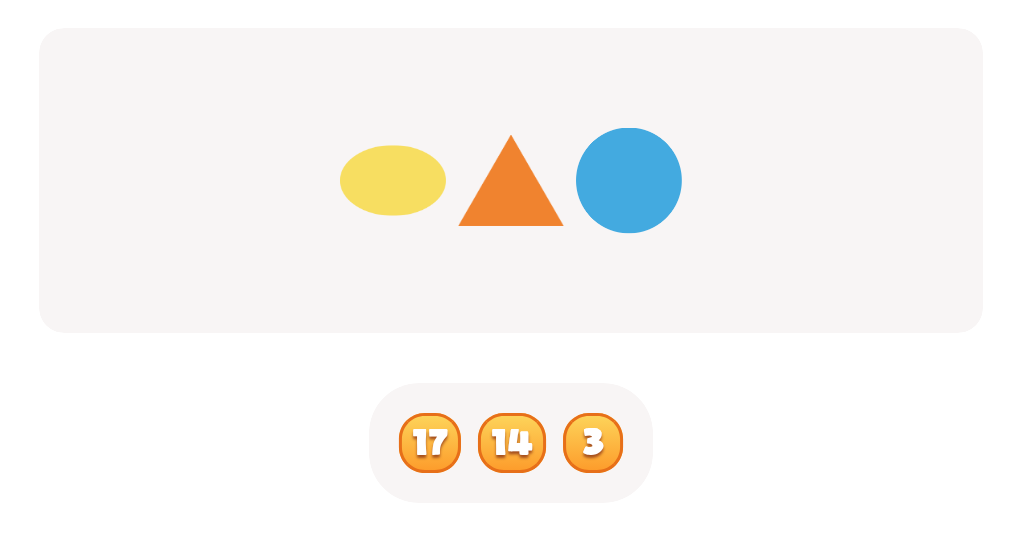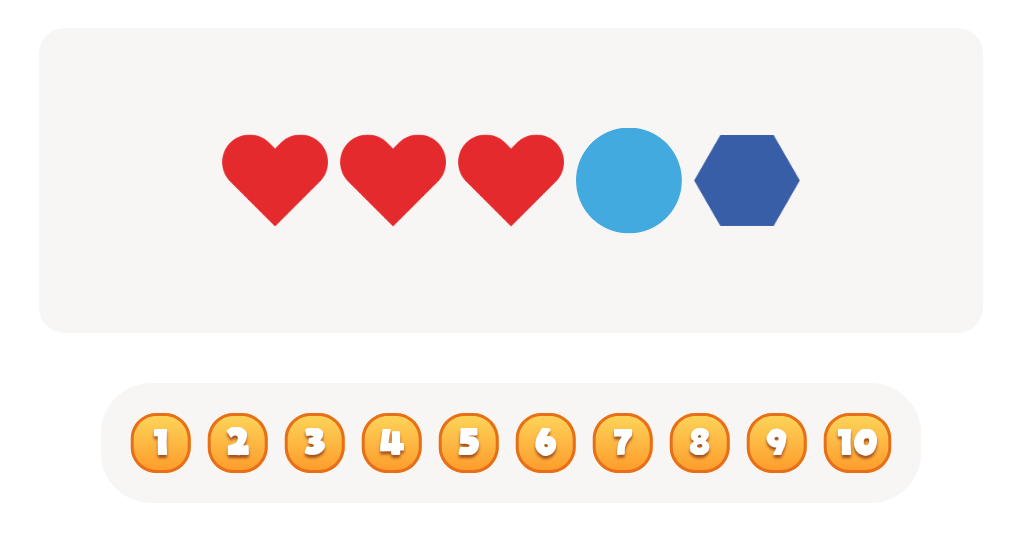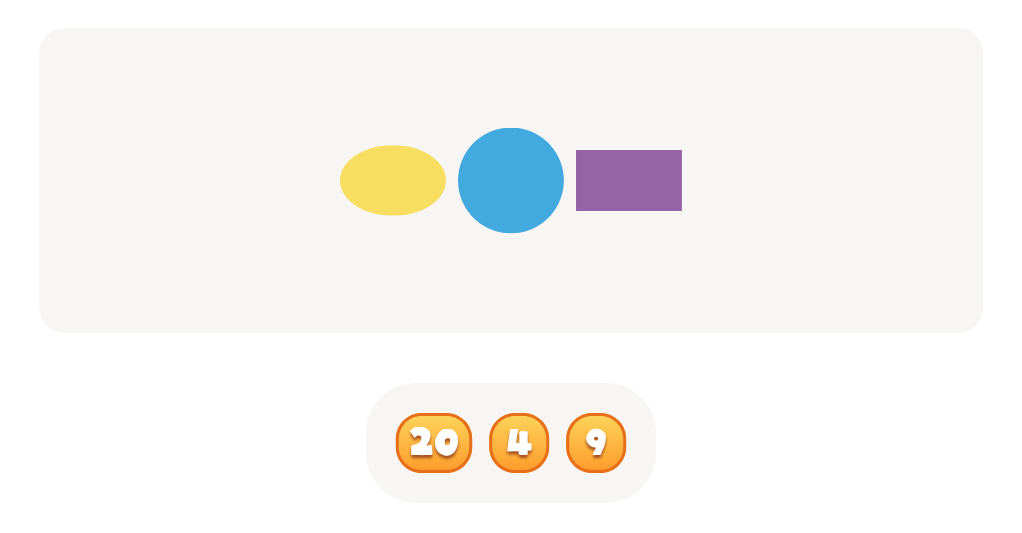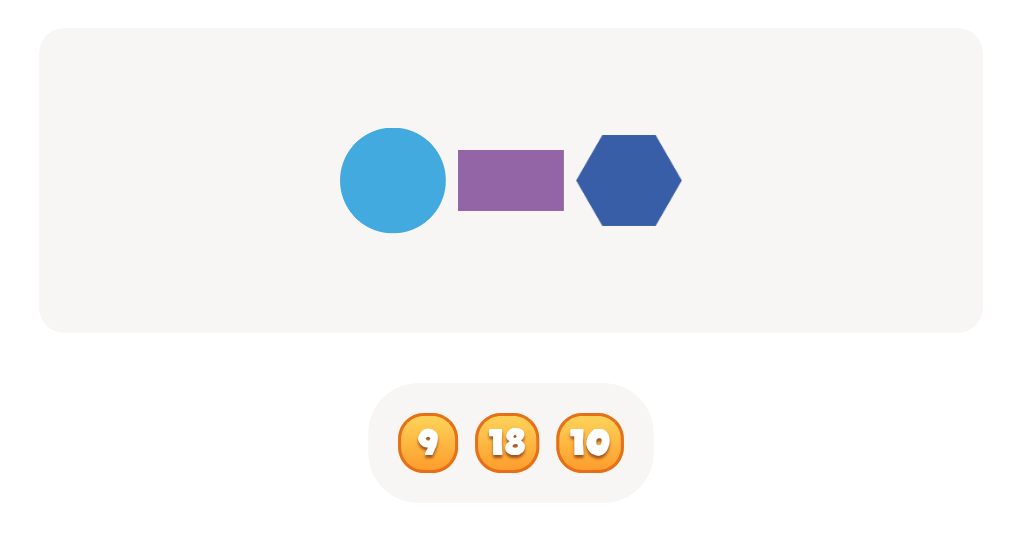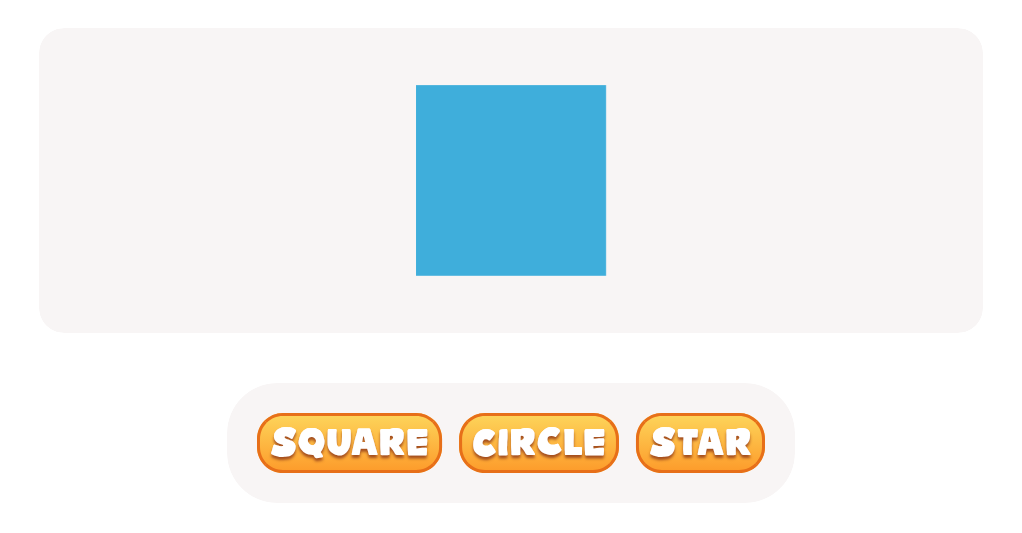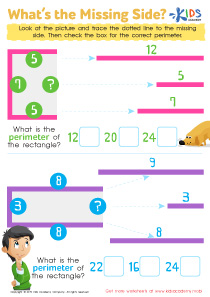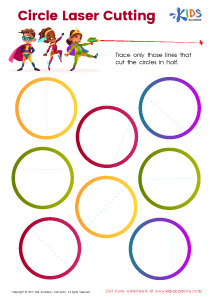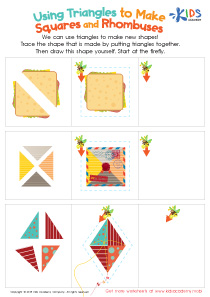Problem-Solving Skills Normal 2D Shapes Worksheets for Ages 3-4
5 filtered results
-
From - To
Discover our engaging Problem-Solving Skills Worksheets designed specifically for children aged 3-4, focusing on normal 2D shapes. These interactive resources help young learners recognize, differentiate, and manipulate basic shapes such as circles, squares, and triangles. Through fun activities, children will develop critical thinking and problem-solving skills as they work to identify shapes, complete puzzles, and explore relationships between different forms. Ideal for both home and classroom settings, these worksheets foster cognitive development while enhancing shape recognition in a playful manner. Empower your child’s learning journey today with our thoughtfully crafted materials that make learning about shapes exciting and enjoyable!
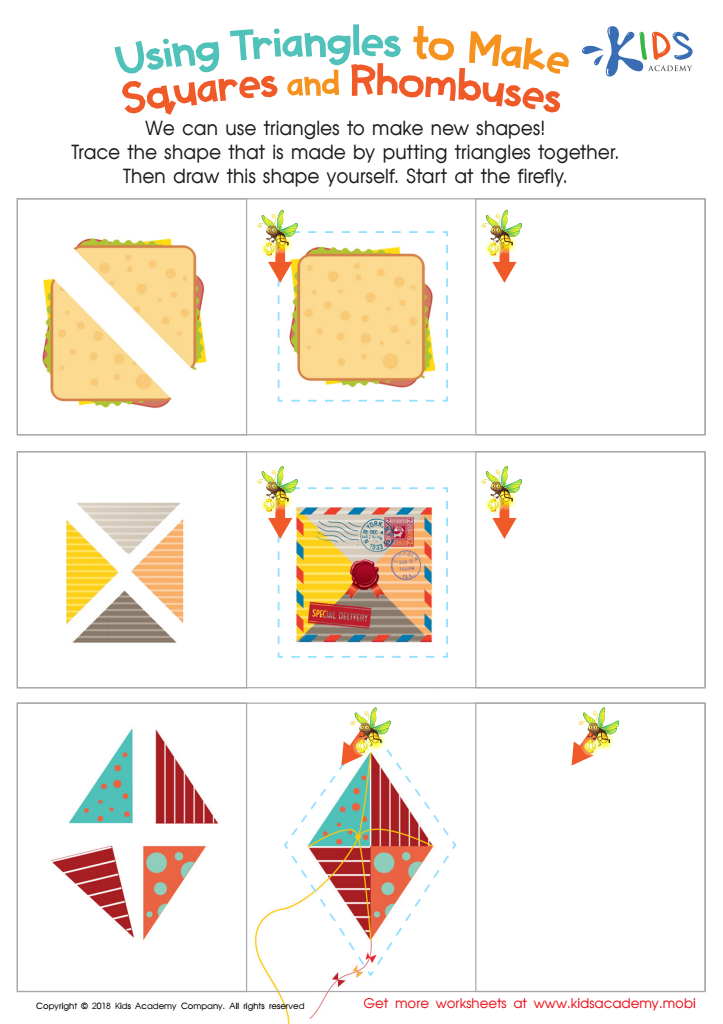

Using Triangles to Make Squares and Rhombuses Worksheet


Make the Same Pattern Worksheet
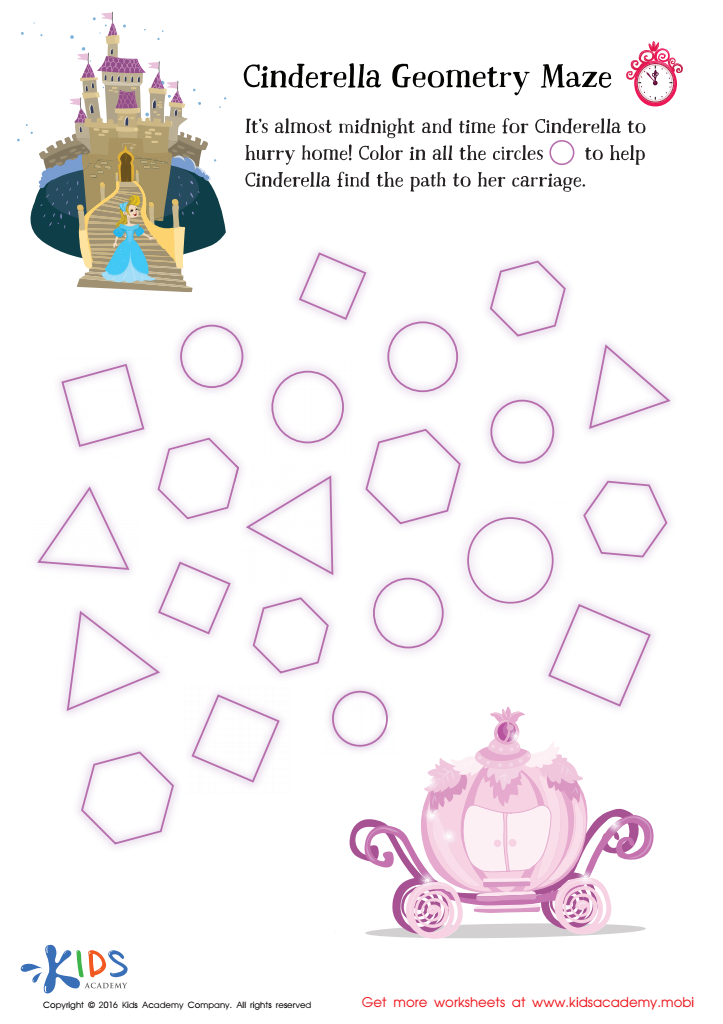

Cinderella Geometry Maze Worksheet
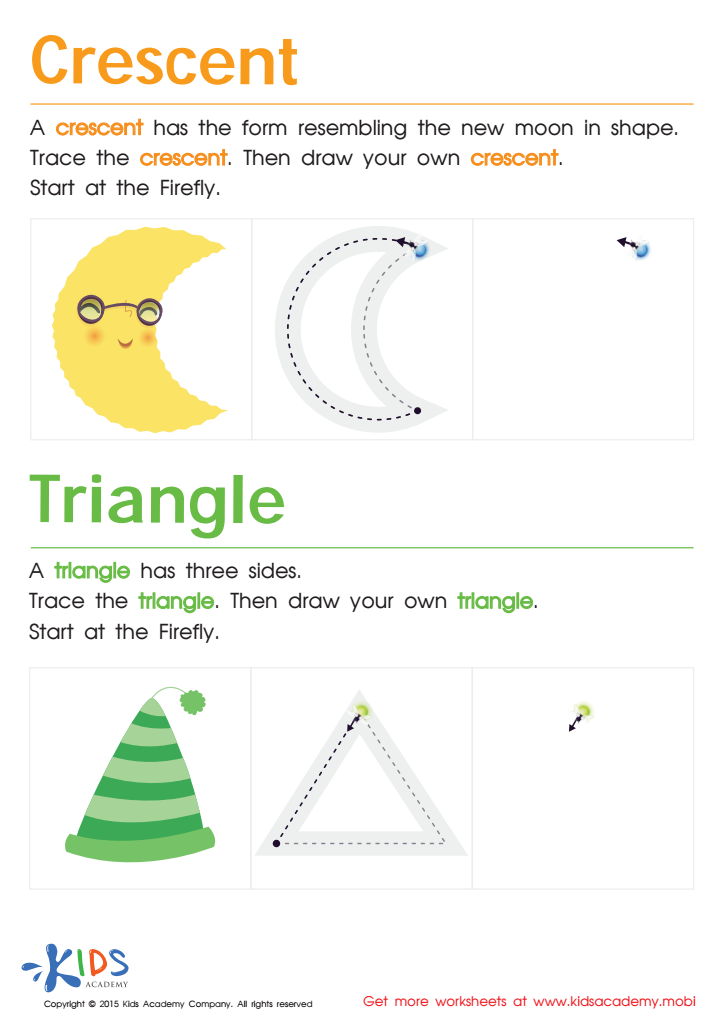

Learning to Draw Crescents And Triangles Worksheet
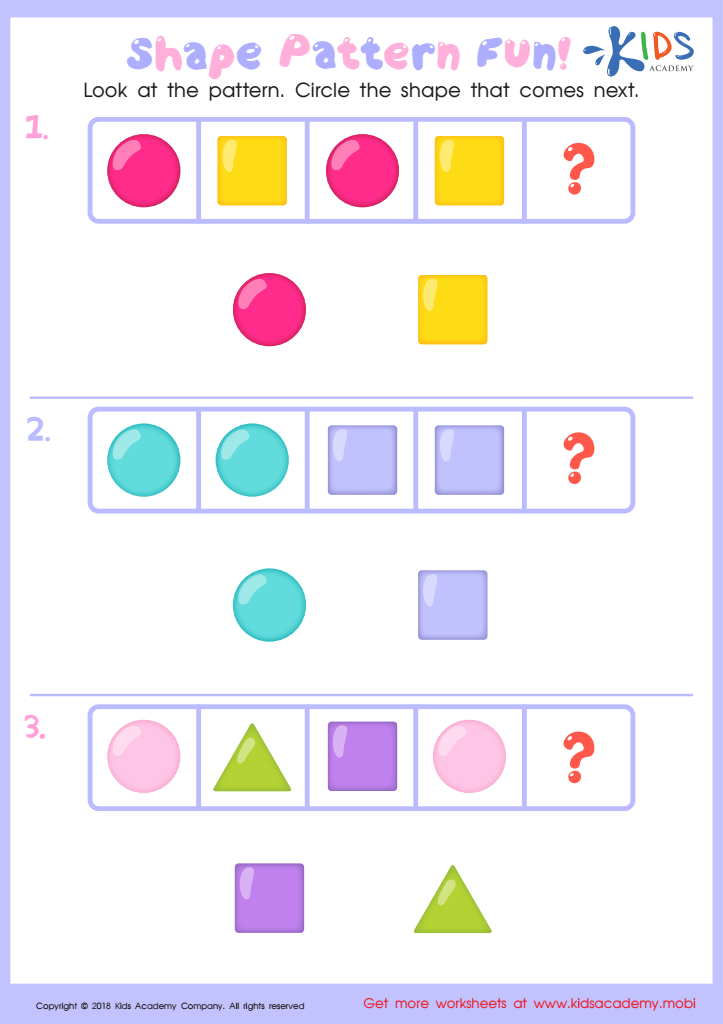

Shape Pattern Fun Worksheet
Problem-solving skills are crucial for children's cognitive development, especially when learning about normal 2D shapes at ages 3-4. During this stage, children are naturally curious and eager to explore the world around them. Understanding and identifying 2D shapes like circles, squares, and triangles not only aids in their geometric comprehension but also lays the groundwork for critical thinking skills.
When parents and teachers engage kids in shape-related activities, such as sorting or matching shapes, they promote analytical thinking. Children learn to recognize patterns, make decisions, and solve simple problems, which boosts their confidence and independence. For instance, with puzzles, kids are not just playing; they're developing strategies to overcome challenges and achieve goals.
Furthermore, strong problem-solving skills foster creativity. When children experiment with shapes, they can invent new ideas, explore angles, and extend their learning beyond basic identification. This fosters an innovative mindset that is beneficial throughout their educational journey.
By nurturing these skills in early childhood, parents and teachers support a well-rounded foundation in mathematics and reasoning, which is essential for future academic success. Overall, integrating 2D shape problem-solving into everyday learning experiences encourages holistic growth and development.
 Assign to My Students
Assign to My Students
